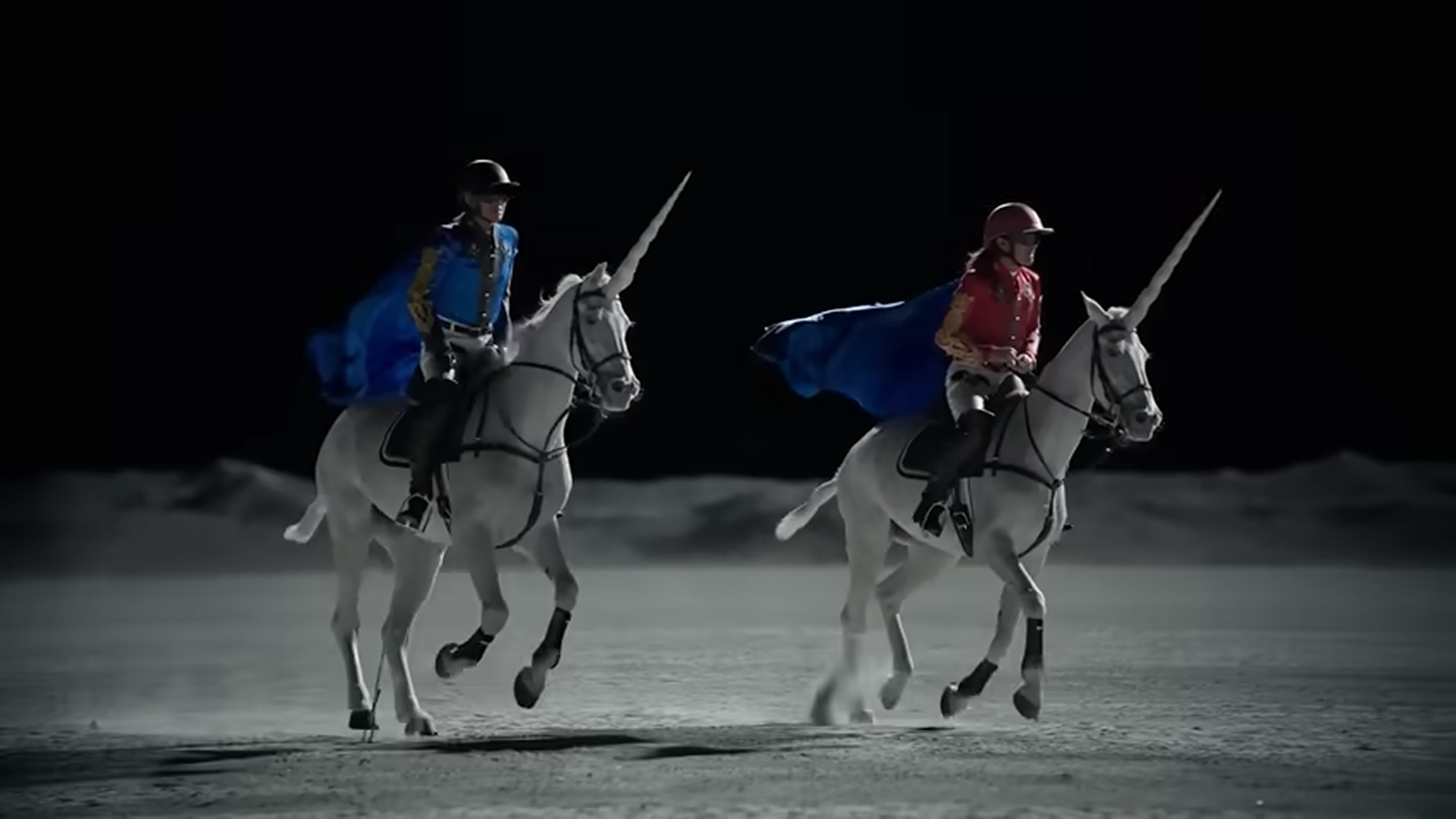Sora is the top app downloaded – but you still need an invite to get it
OpenAI’s AI-powered video tool is going viral before most people can even try it

Sign up for breaking news, reviews, opinion, top tech deals, and more.
You are now subscribed
Your newsletter sign-up was successful
- OpenAI’s Sora app has hit the top of the app charts in the U.S. despite being invite-only.
- The app scored 164,000 installs two days after launch.
- The Sora app combines an AI video-maker with a social feed for remixing and sharing videos.
OpenAI’s new Sora app for making and sharing AI-powered videos rapidly became the most downloaded app on Apple’s US App Store despite requiring an invitation to use. The app saw more than 164,000 installations in just its first two days, according to Appfigures, and has beaten rival AI apps, including OpenAI's own ChatGPT, to become number one on the App Store’s overall charts.
The fact that an app most people haven’t actually been allowed to use yet is already outpacing the biggest names in AI is quite the feat. Releasing the app in tandem with the new Sora 2 model is likely the reason. The app offers access to the new AI video model, as well as a social feed with remix features. You can even upload a video of yourself and make clips starring your own AI avatar.
And that’s what people seem to want right now, judging from the downloads, 56,000 just on its first day. Those day one figures match Grok and crush Claude and Microsoft Copilot's launches. Even ChatGPT’s iOS debut only slightly edged it out, with 81,000 day-one installs.
For users, the Sora app represents an even more direct appeal than ChatGPT. There's no pretension of productivity or help with work, except as adjacent to making TikTok-style clips. And because it's stand-alone and not a ChatGPT feature, it doesn't have the same, more technical approach to engagement.
The quality and value of the videos can be debated, and are intensely discussed online, even as more disquieting or outright gross videos emerge.
Sora 2's movie mission
The invite-only approach may not change any time soon. OpenAI built the app with guardrails requiring explicit permission for Cameos, watermarking videos, and forbidding many sorts of prompts. Nonetheless, the company has already had to update Sora’s content policies after users began uploading copyrighted characters, celebrity faces, or dangerous visual stunts.
As popular as the app is proving to be, and with monetization on the horizon, Sora could become a new pillar of OpenAI’s business. So you can probably expect more of the internet to be filled with things no one filmed, no one staged, and no one spent weeks producing. Whether that’s thrilling or depressing depends on your perspective, but the download numbers point to a positive tilt for now.
Sign up for breaking news, reviews, opinion, top tech deals, and more.
Follow TechRadar on Google News and add us as a preferred source to get our expert news, reviews, and opinion in your feeds. Make sure to click the Follow button!
And of course you can also follow TechRadar on TikTok for news, reviews, unboxings in video form, and get regular updates from us on WhatsApp too.
You might also like

Eric Hal Schwartz is a freelance writer for TechRadar with more than 15 years of experience covering the intersection of the world and technology. For the last five years, he served as head writer for Voicebot.ai and was on the leading edge of reporting on generative AI and large language models. He's since become an expert on the products of generative AI models, such as OpenAI’s ChatGPT, Anthropic’s Claude, Google Gemini, and every other synthetic media tool. His experience runs the gamut of media, including print, digital, broadcast, and live events. Now, he's continuing to tell the stories people want and need to hear about the rapidly evolving AI space and its impact on their lives. Eric is based in New York City.
You must confirm your public display name before commenting
Please logout and then login again, you will then be prompted to enter your display name.
